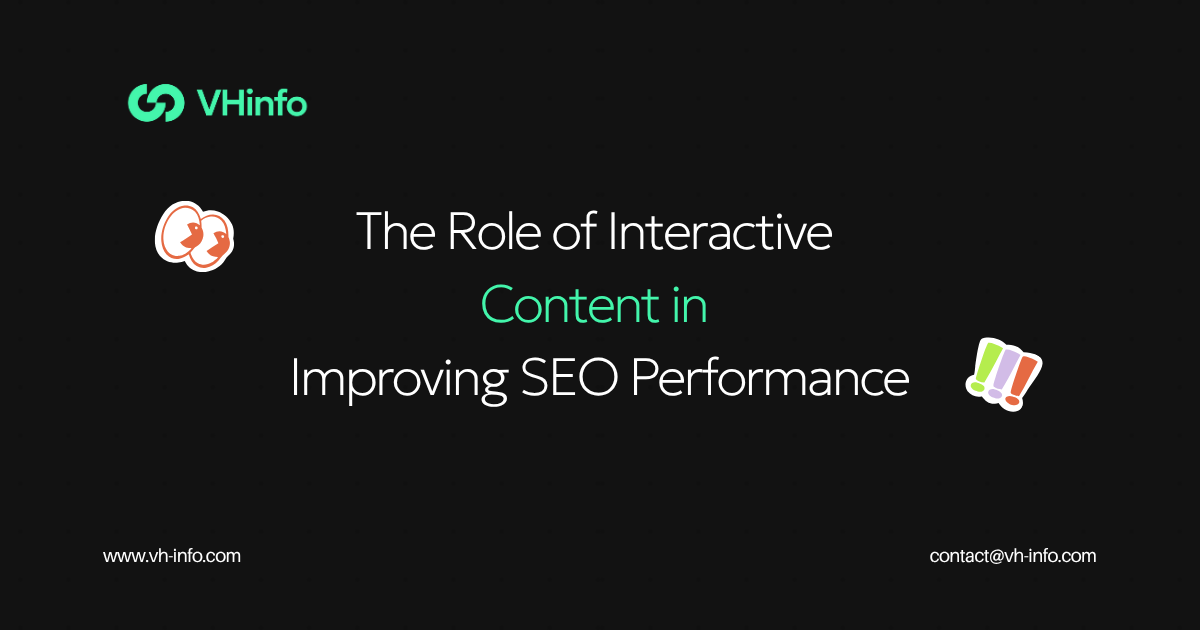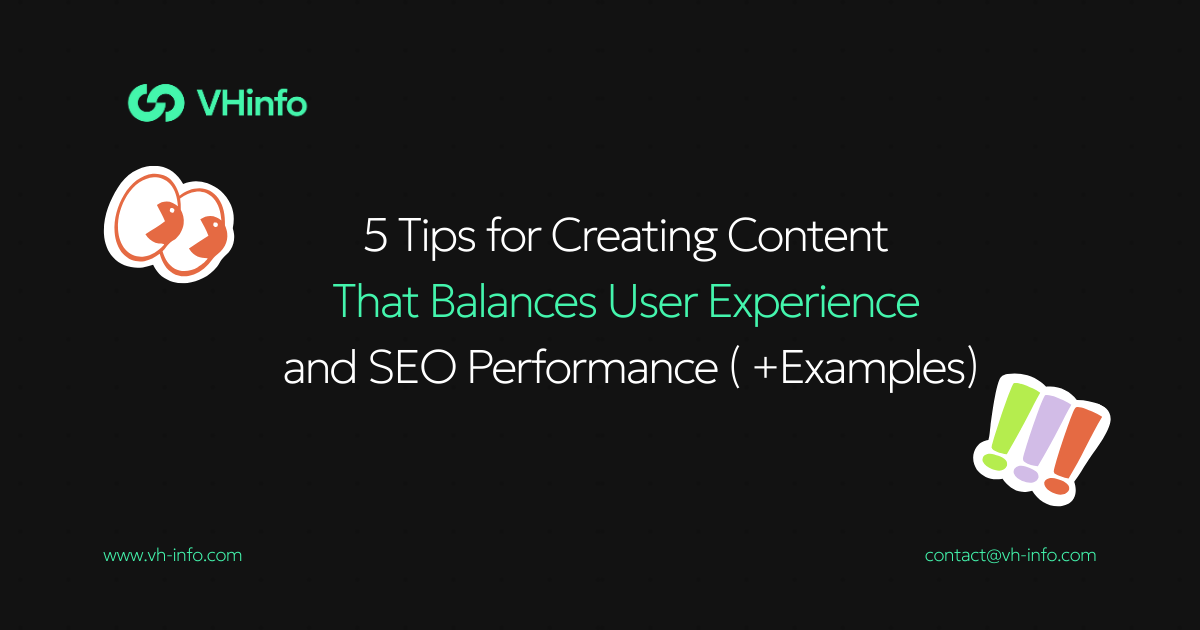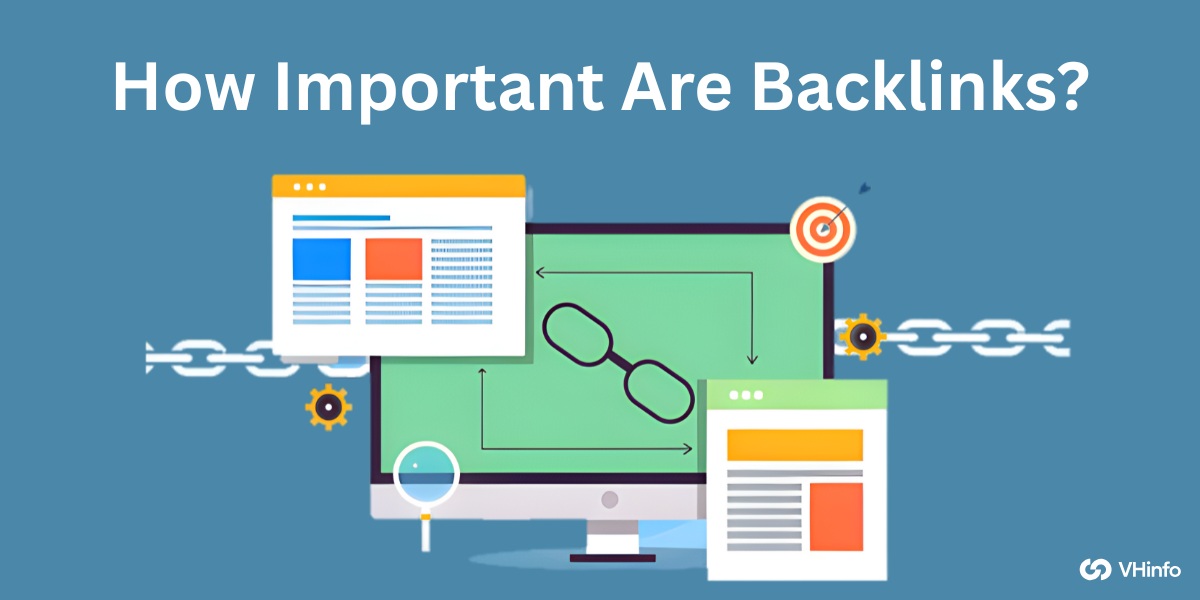In moment’s digital marketing world, content is no longer just about words on a runner. With adding competition, businesses must find smarter ways to engage their cult and stand out in hunt machine results. One of the most effective strategies to achieve is through interactive content.
Interactive content doesn’t share. This form of content improves stoner engagement and plays a pivotal part in enhancing SEO performance. Let’s explore interactive content , why it matters for SEO, and how businesses can use it effectively.
What Is Interactive Content?
Interactive content refers to any type of content that encourages stoner participation. Unlike static blog posts or web runners, interactive content responds to the stoner’s conduct. This could include:
- Quizzes
- Pates and checks
- Interactive infographics
- Calculators
- 360-degree videos
- Augmented reality (AR) guests
- Clickable charts or timelines
These content formats are designed to snare attention, ameliorate time-on-point, and encourage sharing—all crucial signals that impact hunt machine rankings.
Why Interactive Content Is Important for SEO
1. Increases Dwell Time
Search engines like Google take stoner gestures into account when ranking websites. One important factor is dwell time, which is the quantum of time a caller spends on a runner before returning to hunt results.
When users engage with a quiz, calculator, or infographic, they tend to stay longer. This sends a signal to hunt machines that your content is precious.
2. Lowers Bounce Rate
Bounce rate measures how snappily callers leave your website after arriving. A high bounce rate can negatively impact your SEO.
Interactive content reduces bounce rate by keeping users engaged. However, they’re more likely to explore other corridors of your website if someone clicks on a pricing calculator or scrolls through an interactive companion.
3. Encourages Backlinks
Quality backlinks remain a top-ranking factor in SEO. Interactive content, due to its engaging nature, is more likely to be participated in and linked to by others.
For illustration, a visually charming interactive infographic about assiduity statistics is more likely to earn links from blogs and media outlets.
4. Improves Mobile Experience
Google prioritizes mobile-friendly websites. Interactive content, when optimized for mobile, enhances the stoner experience.
Features like
- Swipeable image galleries
- Touch-enabled plates
- Mobile-friendly AR try-on tools
Help users enjoy happy, painless lives on their bias.
5. Boosts social participation
People love to partake in fun, substantiated quests.
Examples:
- A quiz that reveals “What Type of Entrepreneur Are You?”
- An interactive timeline of tech invention
These have advanced chances of going viral. Social signals don’t directly impact SEO, but they increase exposure and drive further business to your website, laterally boosting rankings.
Types of Interactive Content That Enhance SEO
Let’s look at some specific formats and how they can help.
Quizzes and Assessments
Quizzes are great for engaging users and collecting data.
Example: A digital marketing agency might produce a quiz named “Is Your SEO Strategy Up to Date?” As users answer questions, they learn about their sins and get a call to action to ameliorate.
SEO Benefit: Keeps users engaged and encourages multiple runner views.
Interactive Infographics
Infographics simplify complex data. Making them interactive—allowing users to click, zoom, or reveal redundant details—makes them indeed more precious.
SEO Benefit: Attracts backlinks and increases shareability.
Calculators
Finance, health, and real estate websites frequently use calculators to offer moment-substantiated results.
Examples:
- “Mortgage Calculator”
- “BMI Calculator”
SEO Benefit: High keyword value and intent; users search for similar tools regularly.
checks and plates
Checks help gather stoner opinions while also offering real-time results. These are especially useful for content exploration and engagement.
SEO Benefit: Encourages commerce, which improves dwell time.
stoked Reality Tools
In industries like e-commerce and beauty tech, face AR SDKs allow guests to nearly try on makeup or spectacles. This point not only improves conversion but also makes the website largely interactive.
SEO Benefit: Reduces bounce rate and increases session duration due to immersive experience.
Case Study: Sephora’s Virtual Artist
One important illustration of interactive content boosting both SEO and deals is Sephora’s Virtual Artist tool.
By using face recognition and AR technology, users can try different products before buying.
This interactive experience:
- Boosted stoner engagement
- Increased average session time
- Reduced product return rates
- Encouraged social sharing
The result? Advanced business from both organic hunts and referrals, showing how interactive content can be an important SEO tool.
How to Produce SEO-Friendly Interactive Content
Creating interactive content isn’t enough. You must also make it SEO-optimized. Then’s how to do it professionally:
1. Use Keyword-Rich Descriptions
Indeed if your content is largely visual or enciphered with JavaScript, don’t forget to add textbook that describes what it does. This helps search machines understand it better.
Example: Rather than just adding a calculator, include a short paragraph explaining what it does and why it’s useful.
2. Ensure Fast Loading Time
Heavy interactive content can decelerate your point, which hurts rankings. Use compressed lines and responsive design to keep everything featherlight.
3. Make It Mobile-Friendly
More than half of web business comes from mobile bias. Use touch-friendly design and responsive layout, and avoid Flash.
4. Add Schema Markup
Using structured data helps Google better understand the content. For illustration, quizzes or how-to ways can use applicable schema to get featured in rich results.
5. Bed Internal Links
When users engage with interactive content, offer them links to other runners. This improves runner views and attendant users through your channel.
6. Improve AI Readability
If you’re using AI-generated drafts for interactive content, review and refine them to improve AI readability. This ensures your tone stays natural and human while keeping the content SEO-friendly.
Tools to Help You Get Started
Creating interactive content is easier at the moment, thanks to a variety of professional tools.
Some freshman-friendly and SEO-compatible tools include
| Tool | Purpose |
| Outgrow | for quizzes and calculators |
| Typeform | for interactive forms and checks |
| Canva | for infographics with clickable rudiments |
| ThingLink | for interactive images and maps |
| Zakeke | for AR product customization |
| Face AR SDKs | for adding stoked reality gests like virtual pass- ons |
These tools frequently come with built-in analytics, helping you measure engagement and upgrade your content strategy.
Stylish Practices to Follow
To ensure your interactive content contributes appreciatively to SEO, follow these stylish practices:
- Keep it applicable.
Match your interactive content to your niche and target followership.
- Don’t overdo it.
Not every runner needs a calculator or bean. Use it where it adds value.
- Include a call to action.
Guide users on what to do next.
- Test regularly.
Make sure your content works across all biases and cybersurfs.
- Track results
Use tools like Google Analytics to cover engagement and upgrade strategy.
Final studies
The part of interactive content in perfecting SEO performance is clear—it makes your website more engaging, keeps callers longer, and attracts natural backlinks.
As hunt machines evolve to award stoner-concentrated content, interactive tools are becoming essential for ultramodern marketers.
Whether you’re using simple pates or advanced face AR SDKs, the key is to produce gests that are useful, pleasurable, and aligned with stoner intent.
By combining interactivity with a strong SEO for startups, SaaS link building, and white-label link building to help businesses make deeper connections with their audience and achieve better search engine rankings.



